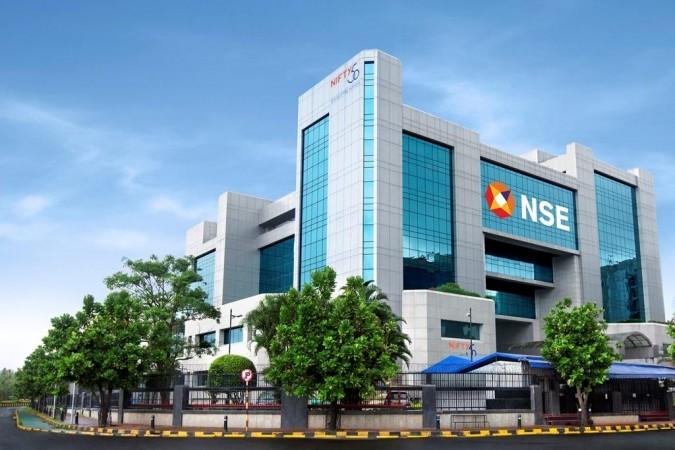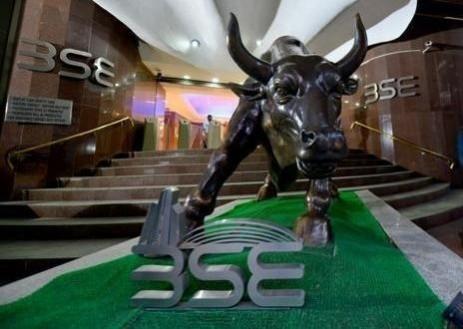
The number of total unique trading accounts on the National Stock Exchange of India (NSE) surpassed the 23-crore milestone in just about three months after crossing the 22-crore mark in April this year, the stock exchange said on Wednesday.
Meanwhile, the number of unique registered investors stands at 11.8 crore as of July 28.
"This momentum reflects the deepening trust in India's capital markets and the resilience of investor sentiment amid global economic uncertainty," said Sriram Krishnan, Chief Business Development Officer, NSE.
The expansion has been powered by rapid digitalisation and the widespread uptake of mobile-based trading solutions, which have significantly lowered entry barriers for investors, particularly across smaller cities and semi-urban centres, he added.
In terms of regional distribution, Maharashtra continues to lead with nearly 4 crore accounts or 17 per cent share, followed by Uttar Pradesh (2.5 crore, 11 per cent share), Gujarat (over 2 crore, with 9 per cent share), and West Bengal and Rajasthan (each with over 1.3 crore, 6 per cent share), the exchange said.

Collectively, these five states account for nearly half of all investor accounts, while the top 10 states contribute close to three-fourths of the total.
According to the NSE, a growing share of market participants are young and first-time investors. To support their investment journey, SEBI and NSE have launched large-scale awareness initiatives on risk management, fraud prevention, and long-term investment principles.
The number of Investor Awareness Programmes (IAPs) conducted by NSE has grown fourfold -- from 3,504 in FY20 to 14,679 in FY25 -- reaching over 8 lakh participants across all states and union territories, the exchange stated.
NSE's Investor Protection Fund (IPF) has increased by over 22 per cent year-on-year to Rs 2,573 crore as of June 30th, 2025.
Over the past five years, the Nifty 50 and Nifty 500 have delivered strong annualised returns of over 17 per cent and 20 per cent, respectively, the statement reads.
"The expansion has been powered by rapid digitalisation and the widespread uptake of mobile-based trading solutions, which have significantly lowered entry barriers for investors, particularly across smaller cities and semi-urban centres," Krishnan added.
With more people investing in equities, ETFs, REITs, InvITs, and debt instruments, this milestone also enables a more diversified and accessible investment landscape through technology, he said further.
(With inputs from IANS)

















